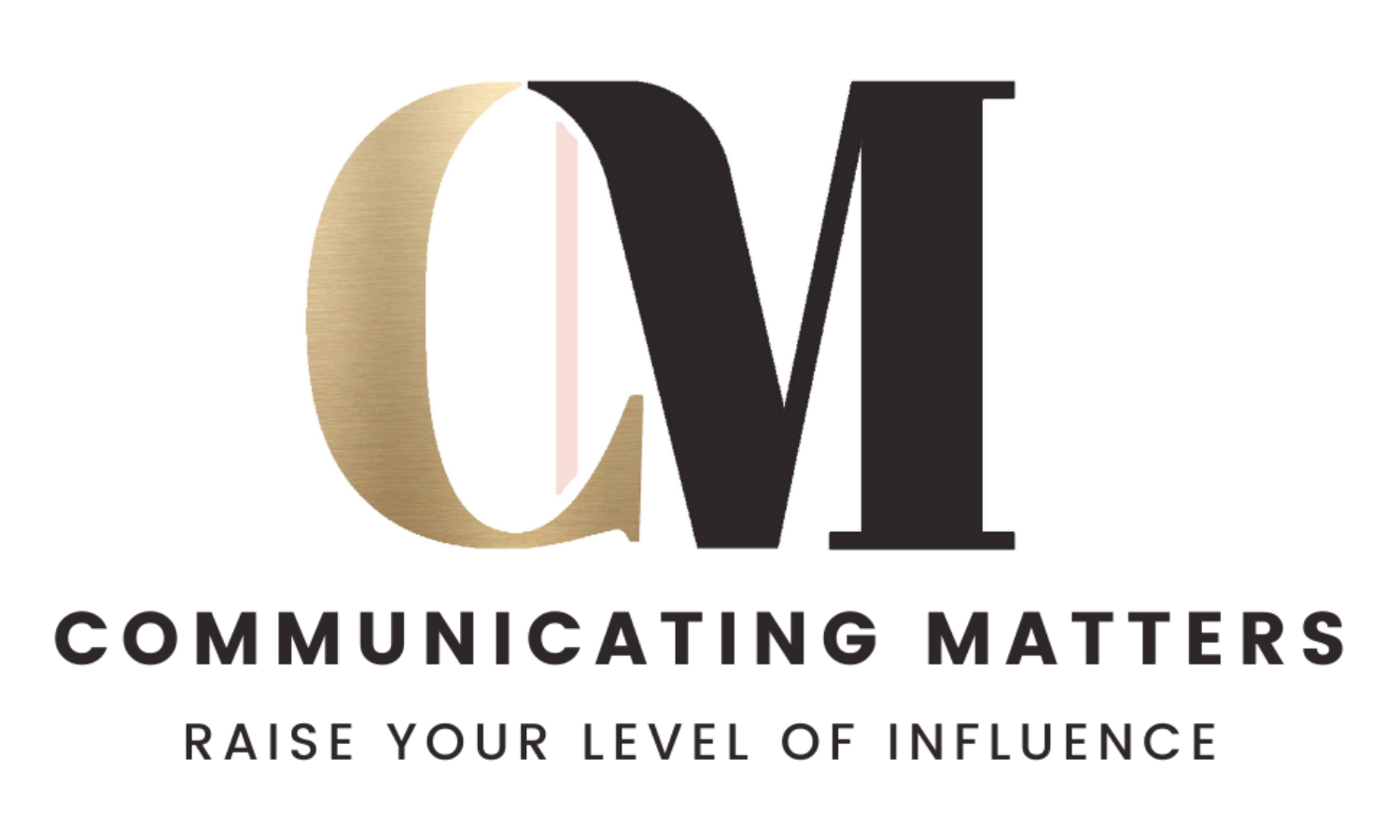How do you respond when someone you barely know uses your name? Perhaps your head raises a few inches or your eyes lock with theirs. Do they have your full attention?
Why Do Names Matter?

Names create identity
Names help create our identity. A name matters so much that people will change their name to alter their identity. Evidence of this can be found when a spouse changes his or her name to closely identify with their betrothed or individuals in the acting community choose a different name to convey a different image. Additionally, parents consider ways a name might shape a child’s identity. In 2020 parents were seeking unique baby names because they wanted their child to stand out. This explains why names like “Hazel” are making a comeback or naming a child after a planet is now vogue.
We often open a conversation by sharing our name because we are opening up a part of ourselves. It is something unique we have to offer in building a relationship.

In fact, this initial disclosure can lead to a relationship reflected by the joining of names. Some lovers go to such lengths as to etch their names on a lock and attach it to a bridge in a romantic city like Paris.
Using A Name Shifts The Focus
We remember people who take the time to learn our names. Why? Because it takes more effort to recall someone’s name and demonstrates another level of intention. It helps us feel connected to them and demonstrates empathy.
Sadly, due to current social norms, we don’t expect people to a) learn our names and b) take the time to remember and use them. We are often surprised when someone does.
During a recent trip to a local shop to pick up some hard-to-find Adirondack chairs, I followed the sales-clerk’s instructions to drive across the street where someone would meet me to load my chairs. I expected to be greeted with the obligatory “Hello!” but was surprised when the person delivering my purchase invited me into a conversation with “Hi, Cheri. How are you today?” His greeting surprised me for a few reasons.
My first thought was: “How does he know my name?”
My second thought was: “Wow, he took the time to look for my name and then used it to start up a conversation.”
Why should this surprise me? Because I seldom encounter someone who takes the time to learn and remember my name. They may ask for it to verify I am the right client, but seldom use or remember it.

Because names have such importance and virtual settings lack the media rich cues we value in face-to face interactions, I make it a practice to write the person’s name and date on my notes page so that I can remember and use their name frequently throughout the conversation (I’ll explain why frequent use is key later) and so that I have a record of my conversation with them.
My third thought was: “He is taking the time to engage with me.”
Perhaps COVID’s social distancing practices have altered my expectations for live interaction, but this exchange intrigued me.
Despite the fact that the sun was beating down on the black asphalt parking lot, our exchange continued.
I answered, “I’m fine. Excited to use my chairs. We have guests coming this evening and next week, so I’m glad they came in. What is your name?”
“I’m Dan.”
“Oh, Are you the owner?” The business name is “Dan’s Porch and Patio.”
“Yes, I’m Dan!”
I was surprised the owner would be loading my furniture.
Moving From Gaining Attention To Engaging
We had an interesting and memorable conversation. I learned how he had recently acquired the business, opening only two weeks before COVID forced him to close for several months. I learned how he had pivoted (and survived) by discounting Pollywood playsets and experienced higher demand than he had anticipated. I also learned about his signature event in December when the showroom is transformed into a Christmas scape, and customers receive VIP invitations with extra discounts.
Now I have a date on my calendar for an event I don’t want to miss and have been sharing the business owner’s story in several contexts because it was a memorable conversation.
What made this interaction so memorable? He gained my attention by using my name. He didn’t have to spend extra money on advertising to do this. He just took the time to look at his order form, read my name, then used it to greet me as a unique individual, not a number on a form.
Setting Intentions
How can you incorporate this important communication strategy into your practice?
- Begin by adding names in a text, tweet, or email to personalize your written messages. As this becomes a habit in your writing, it will likely transfer in your speaking.
- Set your intention to use a person’s name at least three times and ask for the spelling if you are speaking to someone you are meeting for the first time. The more you use their name, the more likely you are to remember it and them.
- Experiment by using people’s names and log their reactions. Try this with people you already know well and with those you don’t. If you haven’t taken the time to get to know someone’s name, this is a good time to change that. Take note of how quickly you gain their attention and the amount of time they want to engage with you. In your notes, reflect on how this intention changes you. Are you more focused when you are speaking to them? What keeps you from giving them your full attention? Are you more mindful of their needs? Do you show more empathy?
I need a few more things for my patio. Guess where I will be going to find them?
What are your methods for remembering or using people’s names?
Need some help putting this communication strategy into practice? I would love to help. Contact me on the website: https://communicating-matters.com or email me: [email protected]
Sign up for blog updates!
Join my email list to receive updates and information
